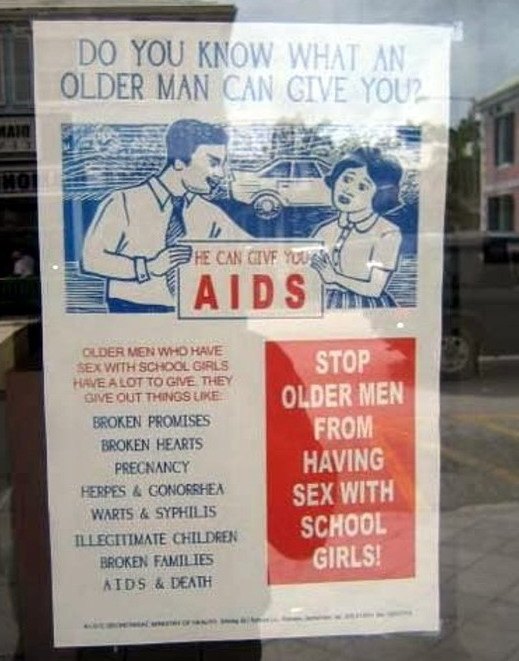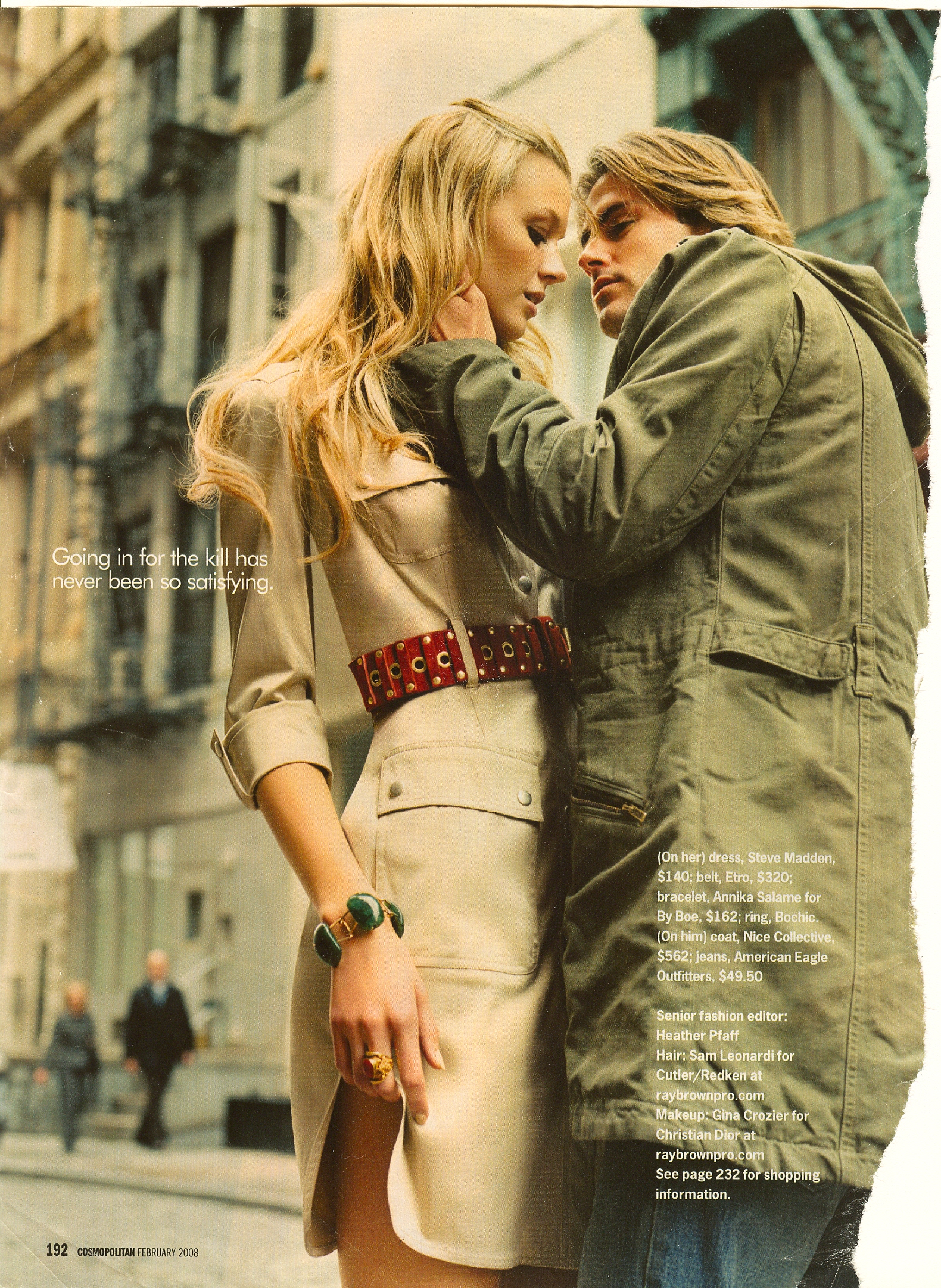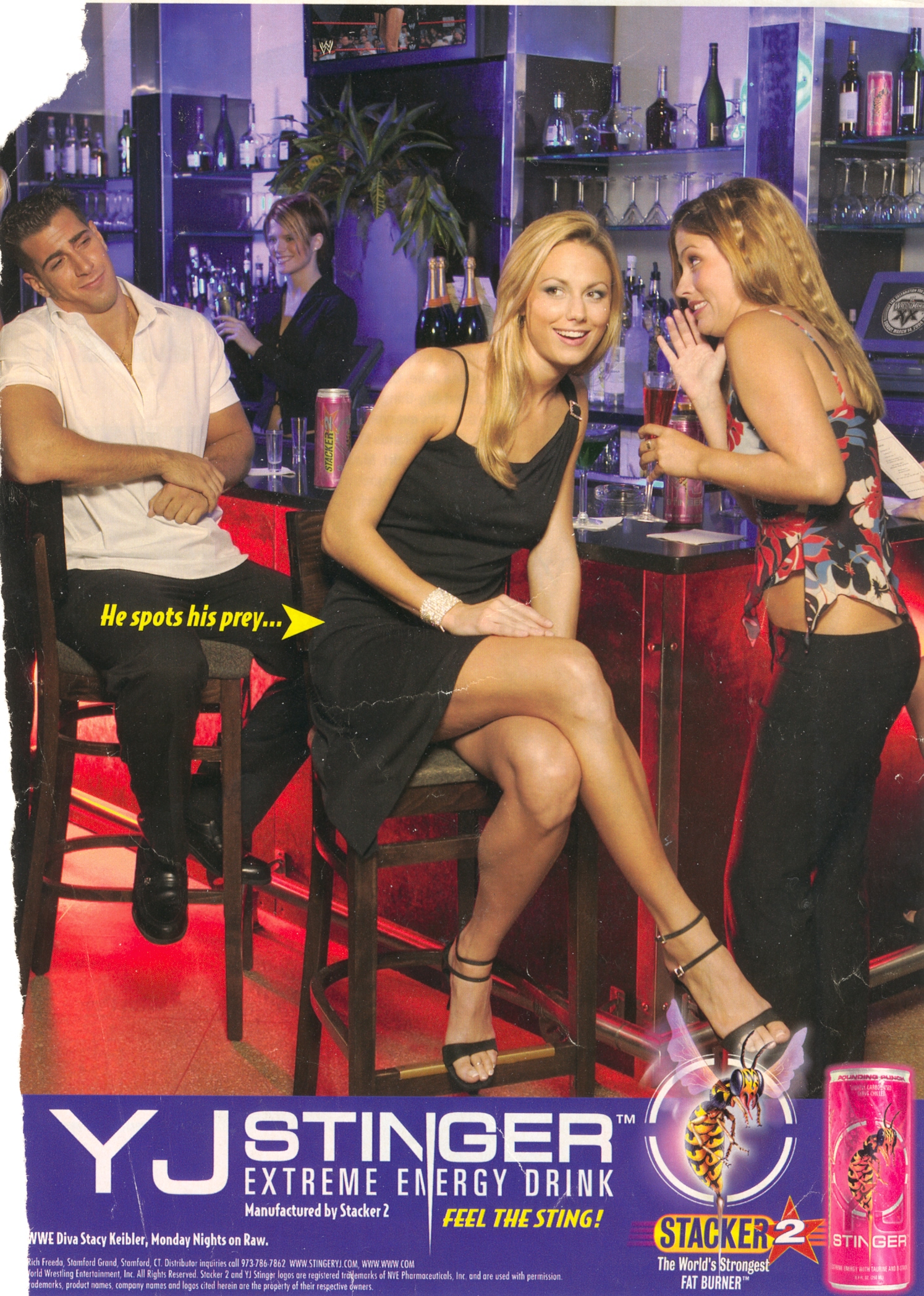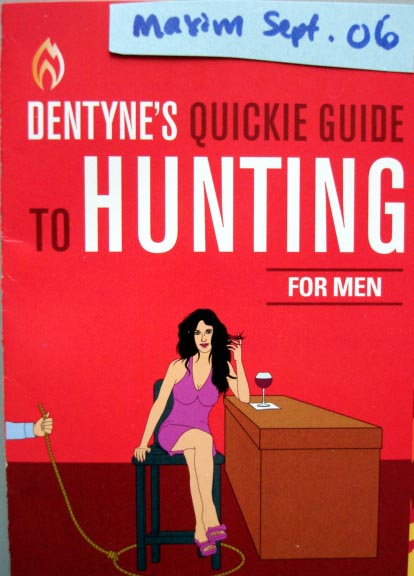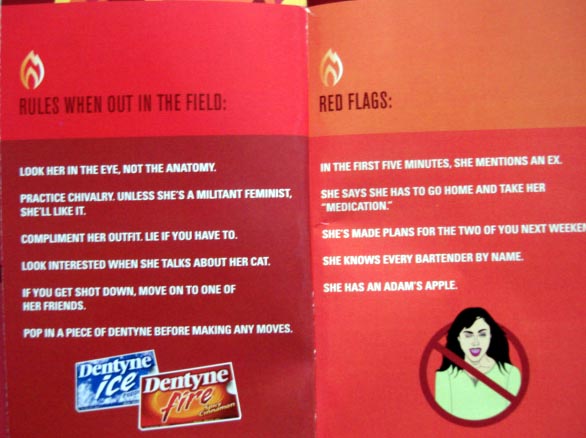Will M. sent us this fascinating clip of Lil’ Wayne on Jimmy Kimmel Live. In the clip, Kimmel asks Wayne about losing his virginity at age 11. Wayne reveals that he did, indeed, lose his virginity at 11. He lost it to a 14-year-old girl who turned out the lights and surprised Wayne into participating, even as he had not intended doing so. What is fascinating is, were Wayne a white female, this narrative would have been considered molestation or rape. As a black male, doubly hypersexualized as a man (who always wants sex) and a black man (who really always wants sex), it’s just considered a joke. This is really nice evidence of the social construction of men, especially Black and Latino men, as hypersexual and, therefore, incapable of being sexually assaulted.
The discussion of his virginity loss begins at about 2:40.
Just one excerpt:
White guy: I didn’t know you could lose your viriginity at 11-years-old.
Other white guy: Well, we can’t, but he did.


